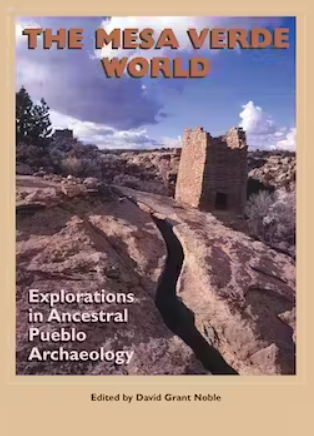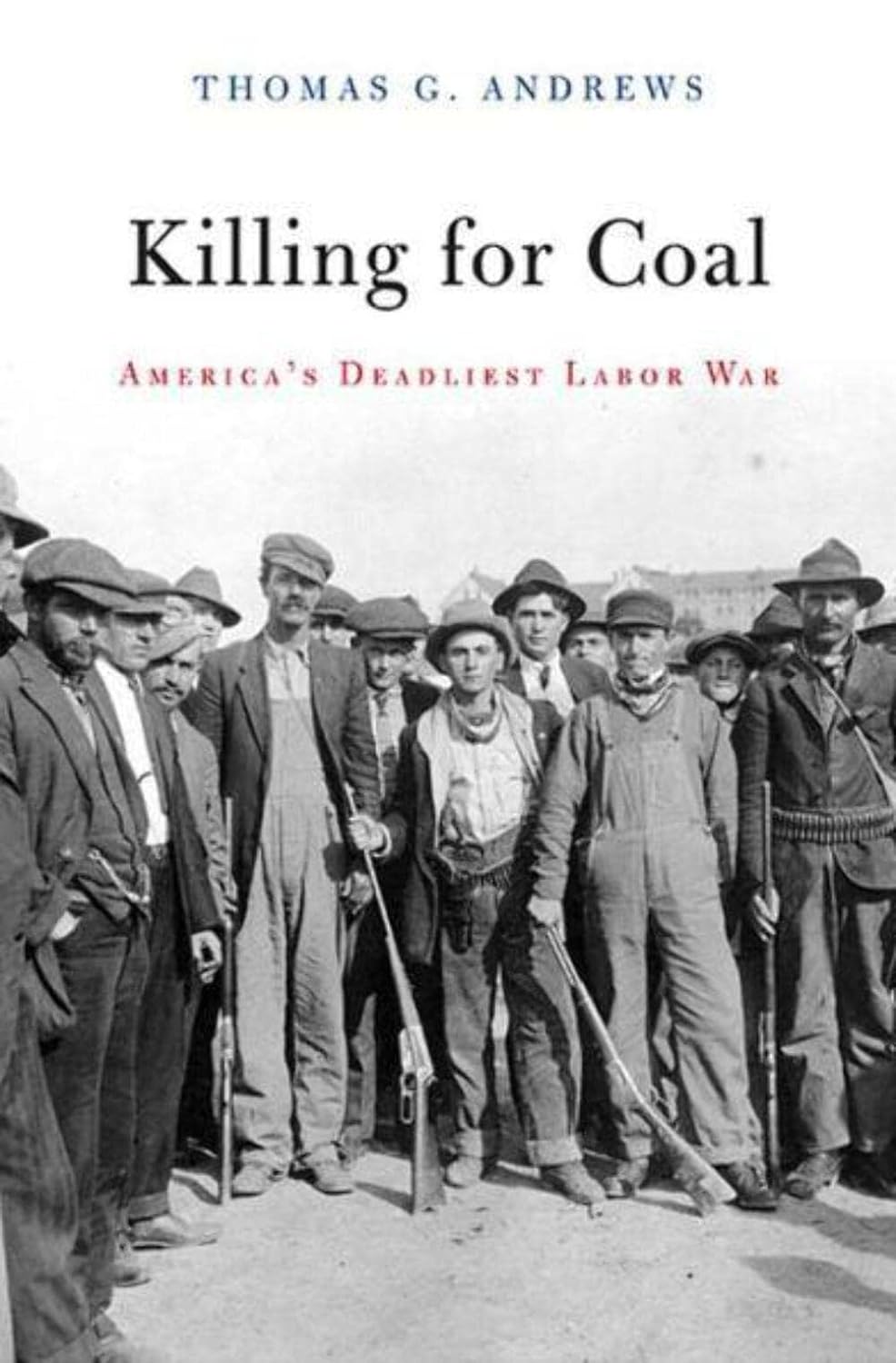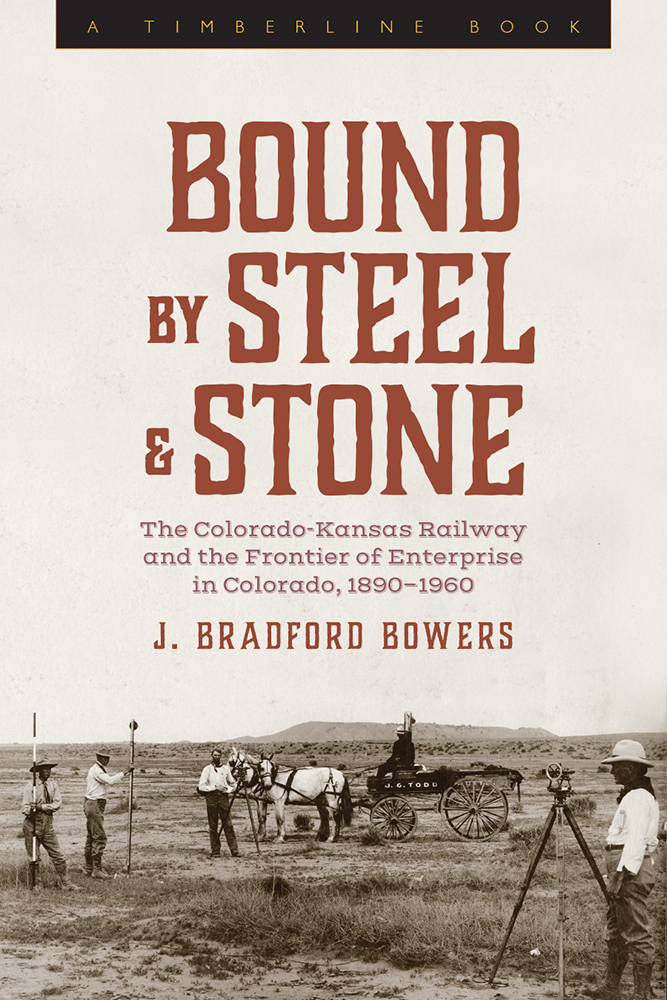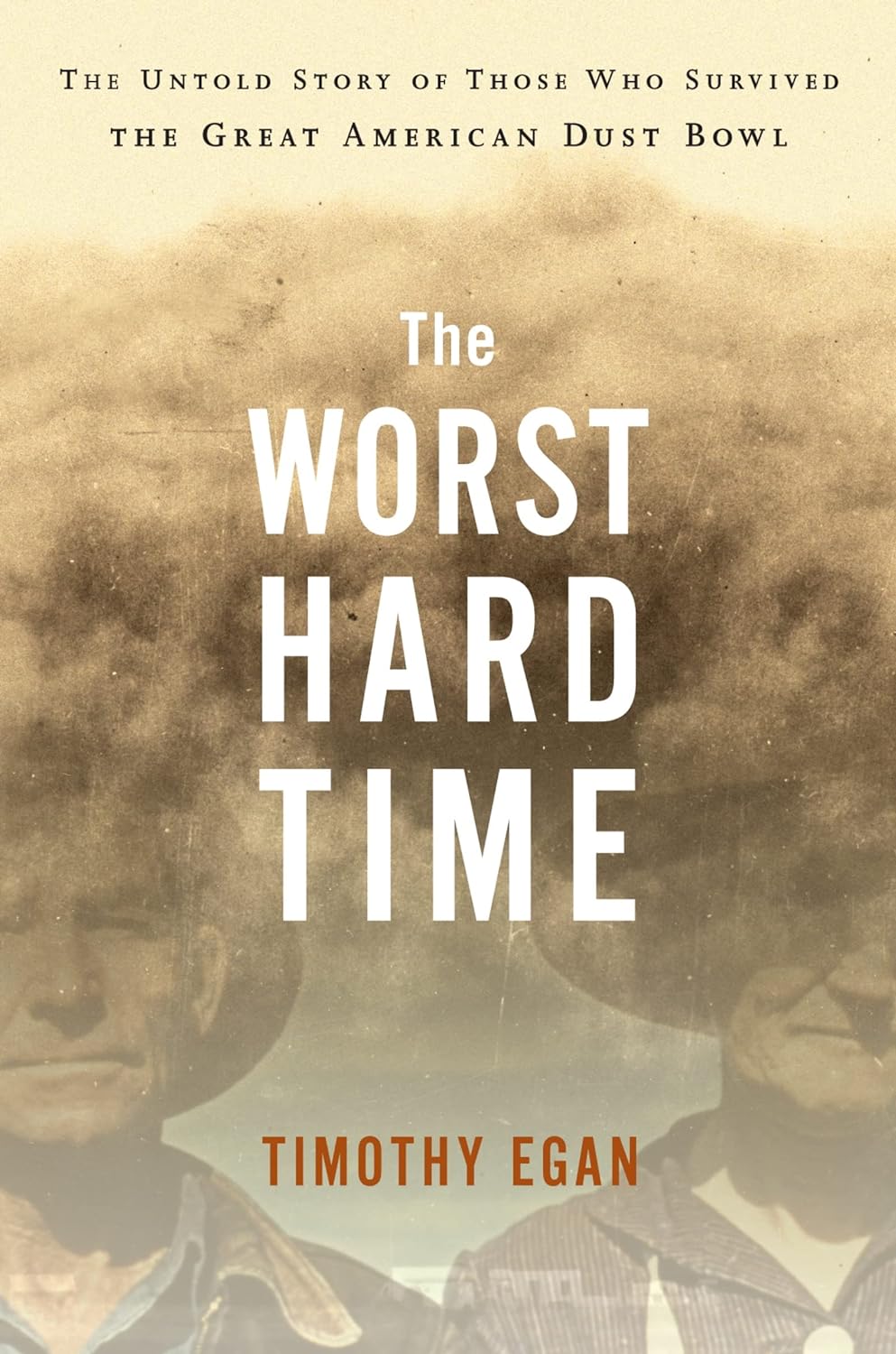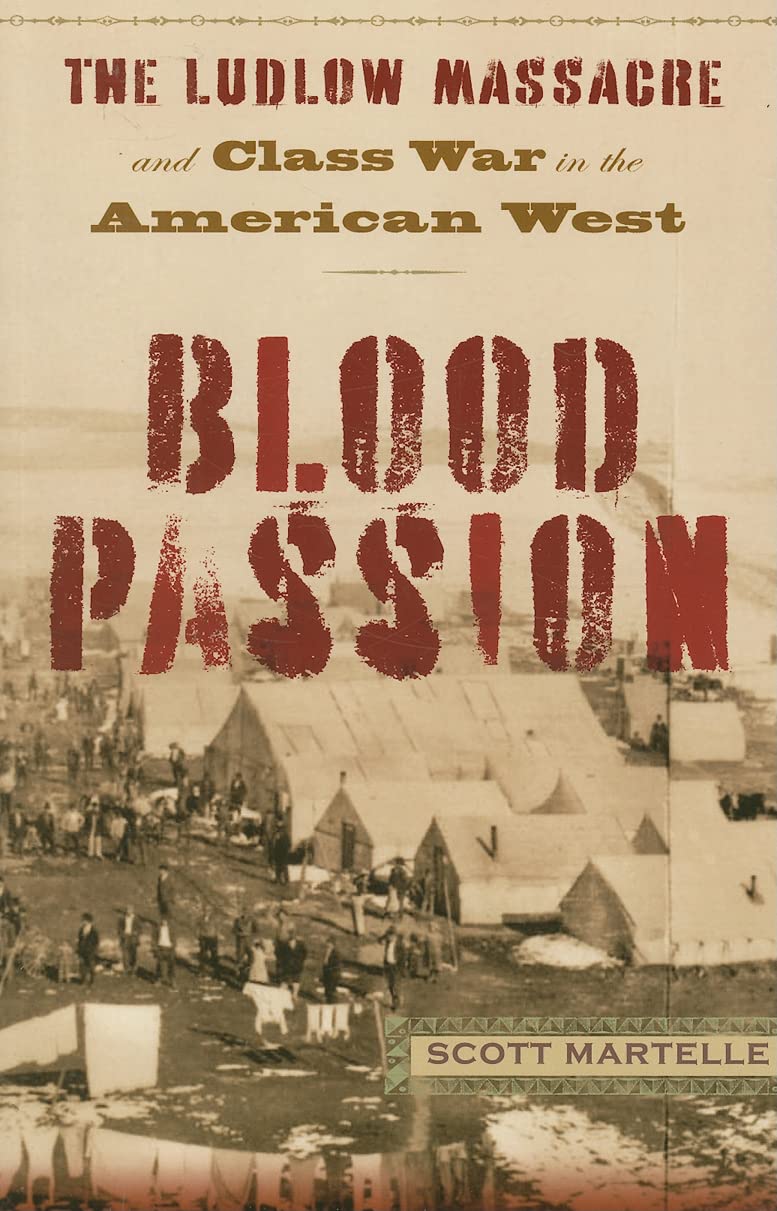
Story
2024 Book Recommendations from History Colorado Staff
It may come as no surprise that our staff and volunteers are avid readers, and enthusiastic about sharing a good Colorado history book or two.
Recently, History Colorado’s President and CEO Dawn DiPrince asked volunteers and staff members for Colorado history book recommendations we might be able to share. Because the history-centered list of suggestions was too great to highlight every book, below are five featured recommendations to get you started. But not to worry, you’ll find a link to the entire list at the end of the article, so you can keep on learning and keep those pages turning!
Mesa Verde World
Mesa Verde National Park was established in 1906, and was the first such park to preserve "the works of man." Its famous cliff dwellings, however, are just a small fraction of the landscape occupied by Ancestral Puebloan people for thousands of years. Encompassing that much larger cultural and archaeological space, The Mesa Verde World was one of the first books I read when I moved to Colorado to work at Crow Canyon Archaeological Center in 2006, and I still have it on my shelf at History Colorado Center today.
—Josie Chang-Order, PhD, School Programs Manager
Killing for Coal
Killing for Coal: America's Deadliest Labor War, by renowned Colorado scholar Thomas G. Andrews, is the ultimate book on the violent history of Colorado's coalfield war and the Ludlow Massacre. Andrews's dramatic storytelling in Chapter 7 "Shouting the Battle Cry of Union" is one of my favorite historical texts. He paints a compelling picture of the day when coal miners vote to go on strike in Trinidad, complete with a political procession, labor anthems, and the famous Mother Jones.
—Dawn DiPrince, President/CEO & State Historic Preservation Officer
Bound by Steel and Stone
I picked this book up expecting a short diversion on a little-known local railway in Southern Colorado. But once I opened it, I couldn't put it down. This story is brought to life by incredibly thorough research and an unparalleled attention to detail, and I quickly realized it was about more than just one railway. It was portrait of the frontier, the places (and times) between one world and another. It expertly weaves a tale of the transition of the 19th century into the 20th, of an increasingly metropolitan society into the last hinterlands, of the age of steam into a world of automobiles, and of a growing connection between rural and urban America.
—Devin Flores, Assistant Editor
The Worst Hard Time
After reading Timothy Egan's The Worst Hard Time, I can appreciate why it won the National Book Award. It's an extremely well-written, haunting account about the Dust Bowl during the Great Depression, perhaps the worst ecological disaster in US history. Egan expertly weaves detailed information about why the catastrophe happened with devastating stories of its human toll that have stayed with me. I heartily agree with the book’s reviewers that it serves as a "tour de force of historical reportage" as well as a "cautionary tale about the dangers of trifling with nature.”
—Julia Mayben, Special Events Manager
Blood Passion: The Ludlow Massacre and Class War in the American West
After discovering this book about a decade ago, I found a greater respect for my mother’s side of the family and a reason to be a better-informed participant in our political process. I had been told the story of Ludlow by relatives many times but, after reading the book, I realized how my opinions and interactions in politics, unions, and leadership as well as my compassion, empathy, and gut feelings to support the underdog were impacted. Full disclosure, I have a great-aunt was one of the surviving children that lived in the colony at the time of the massacre. This may impact my feelings that this is a story for Colorado, as well as the nation, that should not be forgotten and should be reflected upon when looking at some of today's tragedies.
—Russ Witzke, Facility Operations Manager
Click here for the full list of staff book recommendations.
Purchase these recommendations, and many other great books, through our online bookshop→

